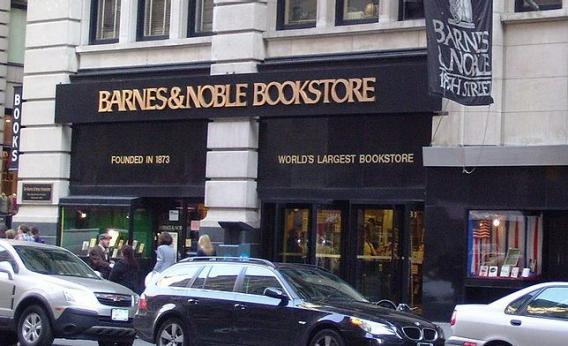A great Julie Bosman piece notes that while traditional book publishers once saw the large bookstore chains as the enemy, now that Barnes & Noble is the last man standing in the field, all of publishing looks on them as their only hope, lest they get crushed beneath the heel of the Amazon e-book goliath. The specific concern with Amazon isn’t that nobody wants to buy e-books, it’s that in a world dominated by a single seller of e-books it makes sense for Amazon to squeeze out the middleman—i.e., the publishers—and also that Amazon’s overwhelming position in the distribution channel could force down prices of publishers’ existing backlists. Something interesting about the article is that it illustrates that ecosystems of interconnected firms exist outside of the traditional industrial channel. If General Motors and Chrysler had gone out of business, that would have brought down many of their parts suppliers. If Barnes & Noble goes down, that threatens a chain of major publishers who supply it with books and that in turn threatens a chain of literary agencies who provide them with writers.
Macmillan CEO John Sargent tries to persuade Bosman that the chain goes all the way to the writers. “Anybody who is an author, a publisher, or makes their living from distributing intellectual property in book form is badly hurt,” he said, “if Barnes & Noble does not prosper.”
Running through the whole piece, however, you get an overwhelming sense of the end of retail. The fact that Barnes & Noble is losing money even though its main competitor vanished from the face of the earth does not augur well for its market segment. Even in a declining industry the sudden elimination of the competition should be a shot in the arm. The company is clearly betting its future on the success of the Nook, but it’s going to have a lot of trouble here if only because if push comes to shove Amazon can easily afford to sell Kindles at below-cost as a loss-leader to drive future book sales.
